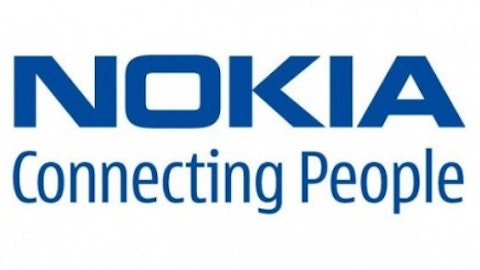
Is Yelp the modern mafia?
The whole argument centers around Yelp’s “filter” function. Yelp Inc (NYSE:YELP) claims that its software automatically filters reviews it suspects to be fake. On the other hand, some business owners claim that the positive reviews regarding their businesses started being “filtered” mysteriously once they rejected to pay Yelp for its advertisement services. Because the filtered reviews are not included in the average rating score of businesses, they suffered a drop in their average scores after refusing to pay Yelp. This is a very serious claim, and it actually resulted in a class action lawsuit against Yelp. The claim of the lawsuit was that Yelp’s entire business model is similar to old school mafias that used to collect money from local businesses to “protect them” from “bad things” that might happen to them.
Some companies will have as many as 93 reviews, out of which 85 are “filtered” and only 8 are shown and included in the calculation of the average score for the establishment. This sounds highly fishy to me–if Yelp believes that most of the reviews on its website are fake, then this marks the failure of its business model as a whole.
The morality of the story is also hard to swallow. Yelp Inc (NYSE:YELP) doesn’t tell how it separates “genuine” reviews from “fake” reviews. It says it uses a “secret algorithm” to decide on which reviews are correct and which ones are fake. If the company has no way to prove that certain reviews are fake, removing them might cause discomfort to many small businesses who could suffer the consequences. Imagine a local restaurant with a small number of reviews when a few of their positive reviews are filtered out because Yelp’s algorithms think that those reviews are fake? This would drop the restaurant’s average score greatly.
Current Lawsuits and Complaints
There are currently several lawsuits going on regarding Yelp Inc (NYSE:YELP)’s business model. One such lawsuit was initiated by nine original companies and joined by a couple other companies. The complaint that was filed at the district court of California claim that the company engages in extortion, attempted extortion, intentional interference with prospective business advantage and violations of the unfair competition law. The amended complaint can be viewed by clicking here.
In 2011, a U.S.district judge dismissed a case against Yelp, saying that there wasn’t enough solid evidence to prove that Yelp was extorting small business owners to pay it for positive reviews. In 2013, the case is being brought in the court once again. A San Diego judge is quoted as saying that Yelp’s business model resembles “the modern-day version of the mafia going to stores and saying, You want to not be bothered?” This is a very serious accusation and can result in very painful consequences for Yelp’s business.
When one searches “Yelp extortion” on Google, the search engine finds thousands of stories. When this many small businesses across the country are complaining about the same thing, something might be going on. In addition, there are currently more than 700 FTC complaints against Yelp Inc (NYSE:YELP), and the list is ever-growing.





